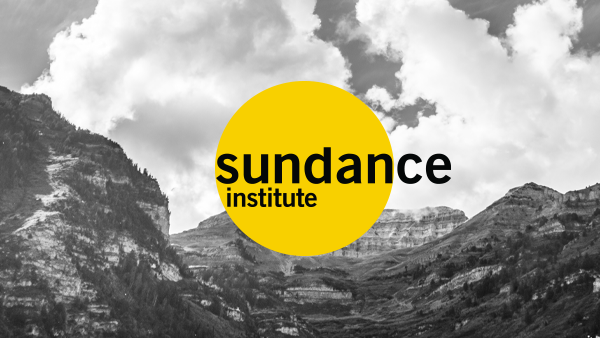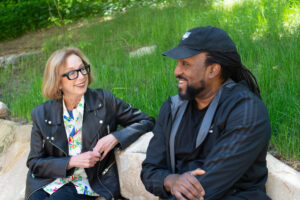PARK CITY, UTAH — When Robert Epstein initially sought to make a film about the dynamic, up-and-coming San Francisco city supervisor Harvey Milk, he had no idea that Milk’s life would end tragically. He also couldn’t predict that The Times of Harvey Milk would screen at the first Sundance Film Festival, win an Academy Award, and decades later inspire a young Dustin Lance Black to write the screenplay for the feature dramatic film Milk. On Wednesday, June 3, at 7 p.m. at the Park City Library, Sundance Institute Film Series pays tribute to a pivotal film that is as timely today as it was 25 Festivals ago with a screening of The Times of Harvey Milk, followed by a conversation with director Robert Epstein about the documentary that has remained relevant across a generation.
In The Times of Harvey Milk, Epstein uses personal accounts, narration and news footage to follow gay rights activist Harvey Milk, who became the nation’s first openly gay elected public official. Highlighting the events surrounding Milk’s death at the hands of a jealous political rival and the infuriating subsequent criminal trial, Epstein weaves together complex emotions about the man who exceeded the odds, changed a city, and fostered a burgeoning community and movement.
From the Collection: The Times of Harvey Milk is made possible by support from Principal Sponsor Zions Bank, Major Sponsors Summit CountyRecreation, Arts, and Parks Program, Salt Lake County and the Salt LakeConvention and Visitors Bureau, with in-kind support from City Weekly,KRCL 90.9 FM Community Radio, KXRK “X96” 96.3 FM, Park City FilmSeries, Park City Marriott, ParkCityWeek.com and UtahFM.
Robert Epstein entered the film world as an unemployed college drop out who volunteered to direct Word is Out: Stories of Some ofOur Lives, a documentary film that included interviews from 26 diverse lesbians and gay men. Following his second feature, The Times of Harvey Milk, Epstein won another Academy Award for Common Threads: Stories from the Quilt, a 1989 tribute to the lives and deaths of those who suffered from AIDS. In 1995, Epstein continued to explore stories of gay rights in Celluloid Closet, narrated by Lily Tomlin, which delved into Hollywood’s onscreen treatment of homosexuality. Epstein has recently transferred his storytelling gifts into feature filmmaking by writing and producing Howl, a 2010dramatization of Allen Ginsberg’s infamous obscenity trial.
Founded by Robert Redford in1981, Sundance Institute is a not-for-profit organization that fosters the development of original storytelling in film and theatre, and presents the annual Sundance Film Festival. Internationally recognized for its artistic development programs for directors, screenwriters, producers, film composers, playwrights and theatre artists, Sundance Institute has nurtured such projects as Angels in America, Spring Awakening, Boys Don’t Cry, Sin Nombre and Born into Brothels.
# # #
Contact:
Kris Parker, 435.658-3456




